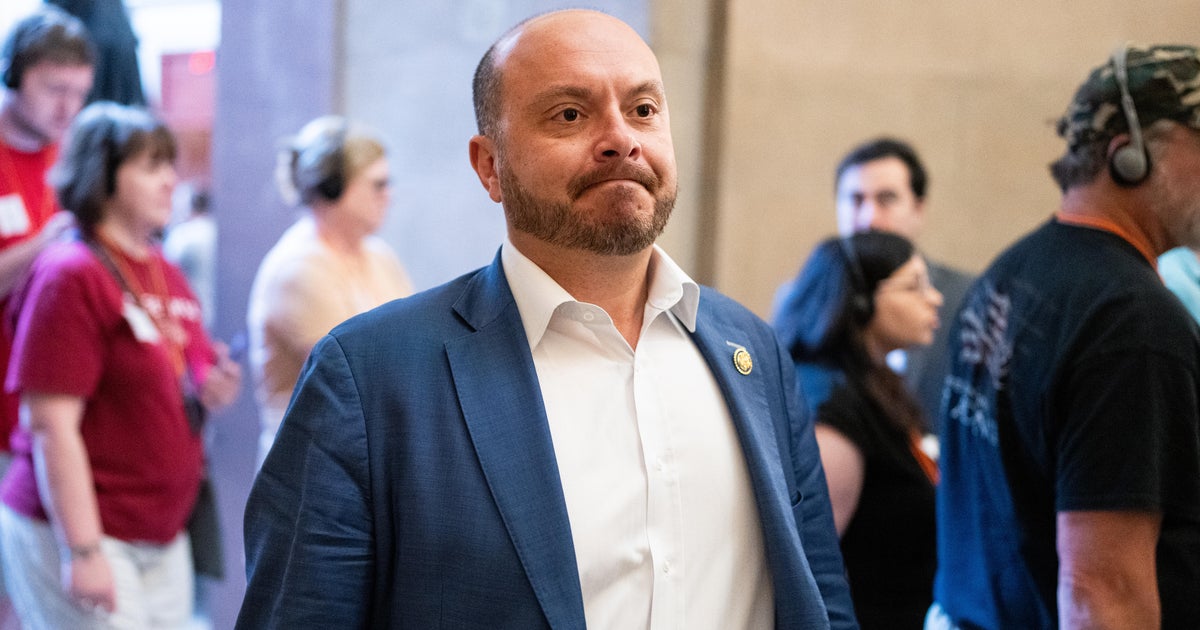Preschool Program May Offer Longterm Heart Health Benefit
NEW YORK (CBSNewYork) - A new study has found the best way to stop the nation's number one killer, heart disease.
It's not drugs, surgery or CPR. It's a preschool program.
CBS2's Dr. Max Gomez explains how it is working for Head Start kids in Harlem.
It's all about prevention, which is much better than trying to fix heart disease and bad habits once they've started. But how and when do you start telling people about preventing heart disease? Would you believe ages 3-5? The director of Mount Sinai Heart can prove it.
Heart disease is the nation's number one cause of death: More than 6,000 deaths a year, or about one in four deaths.
That does not include deaths from stroke and other cardiovascular conditions that are caused by the same disease process.
Experts know that the heart attack that happens in your 50s or 60s really got its start decades earlier.
"Better to promote healthy behaviors at a young age than trying to prevent disease and bad habits in adults who already have risk factors," said Dr. Valentin Fuster, the director of Mount Sinai Heart.
Dr. Fuster drew upon his experience internationally to institute a prevention program in 15 different Head Start schools in Harlem. Researchers enrolled nearly 600 pre-K and kindergarten children, half of which got 40 hours of education in diet, exercise and emotional control to better resist poor health and life choices as they get older.
Gabriel Leal, 6, went through the program two years ago. He learned of a couple of things to eat that he really like, and piles them into his mom's shopping bag.
"I like kiwi and bananas," he said.
The results, published in the journal of the American College of Cardiology, showed that after four months, the kids in the program had improved attitudes, knowledge and habits relating to heart health.
Better yet, the youngsters had a positive influence on the rest of the family.
"Kids have more influence over the behavior of their parents than parents have over the behavior of their children," Dr. Fuster said.
Gabriel's mother can vouch for that.
"He said 'You're not supposed to be eating junky stuff' ... burgers, pizza, greasy stuff and don't cook with too much grease,'" said Natalia Leal.
The plan is to follow the kids until they're 20 to see whether the lessons they learned as preschoolers sticks with them. But Dr. Fuster already has data from his studies in Spain in Colombia that this very early intervention does in fact make a difference.


